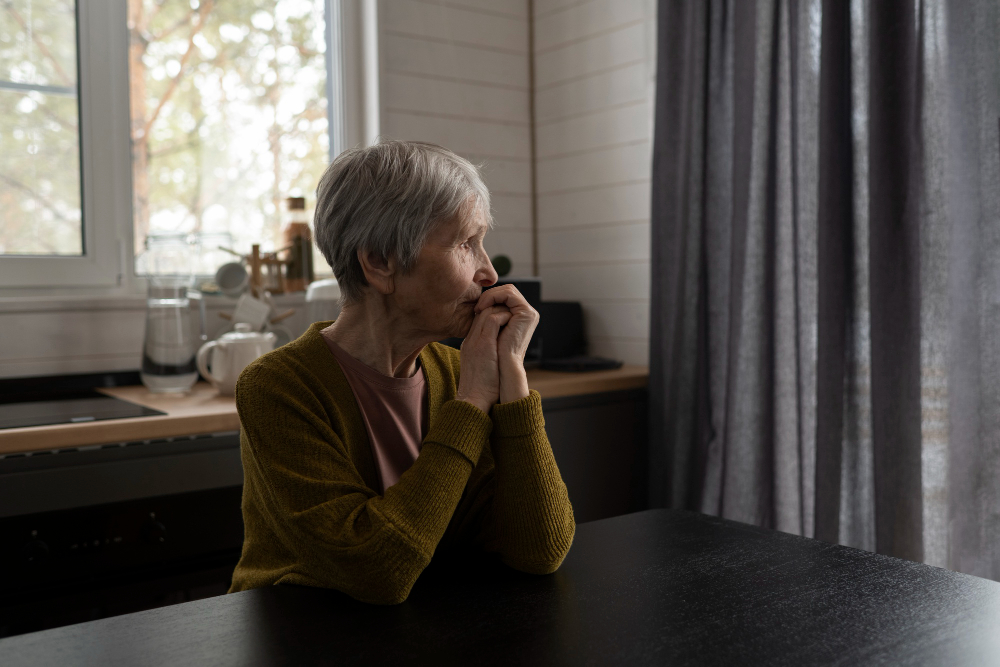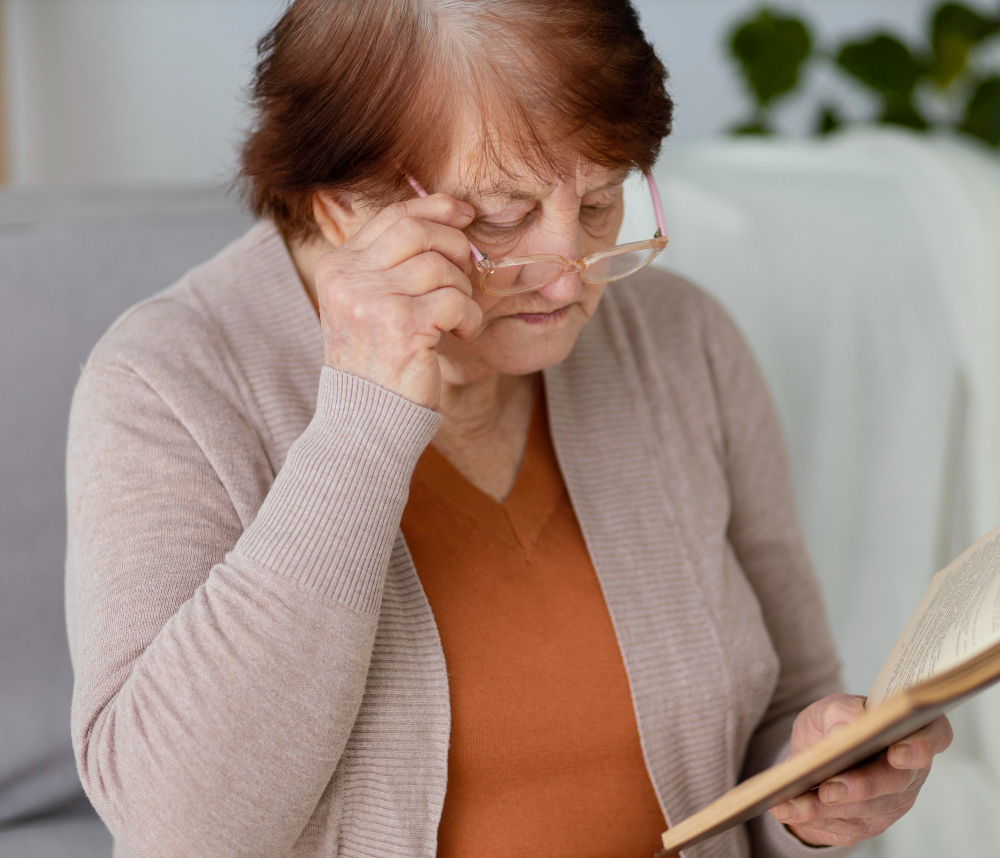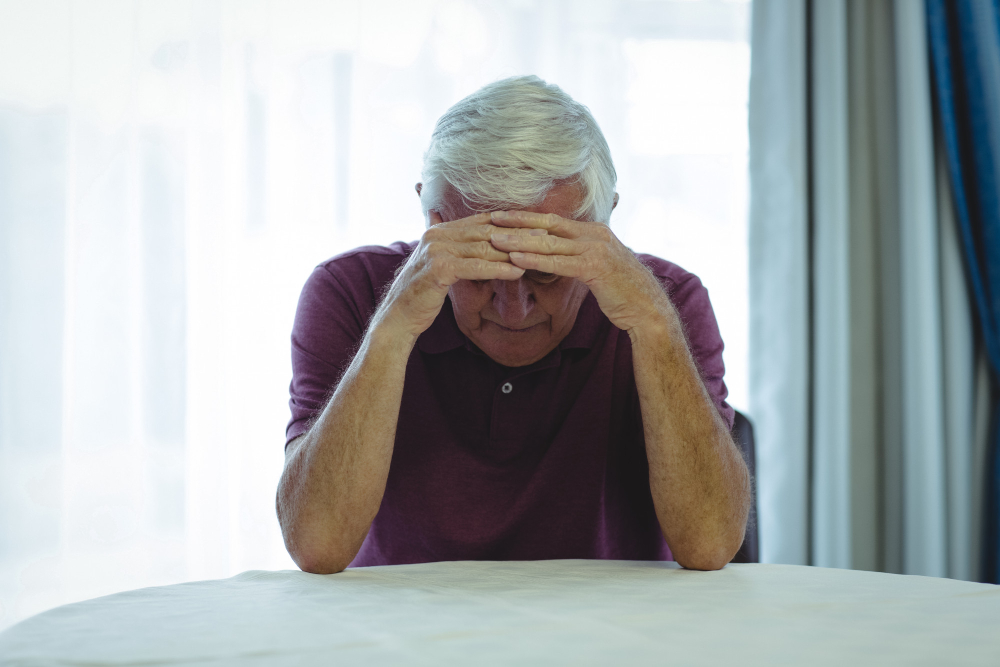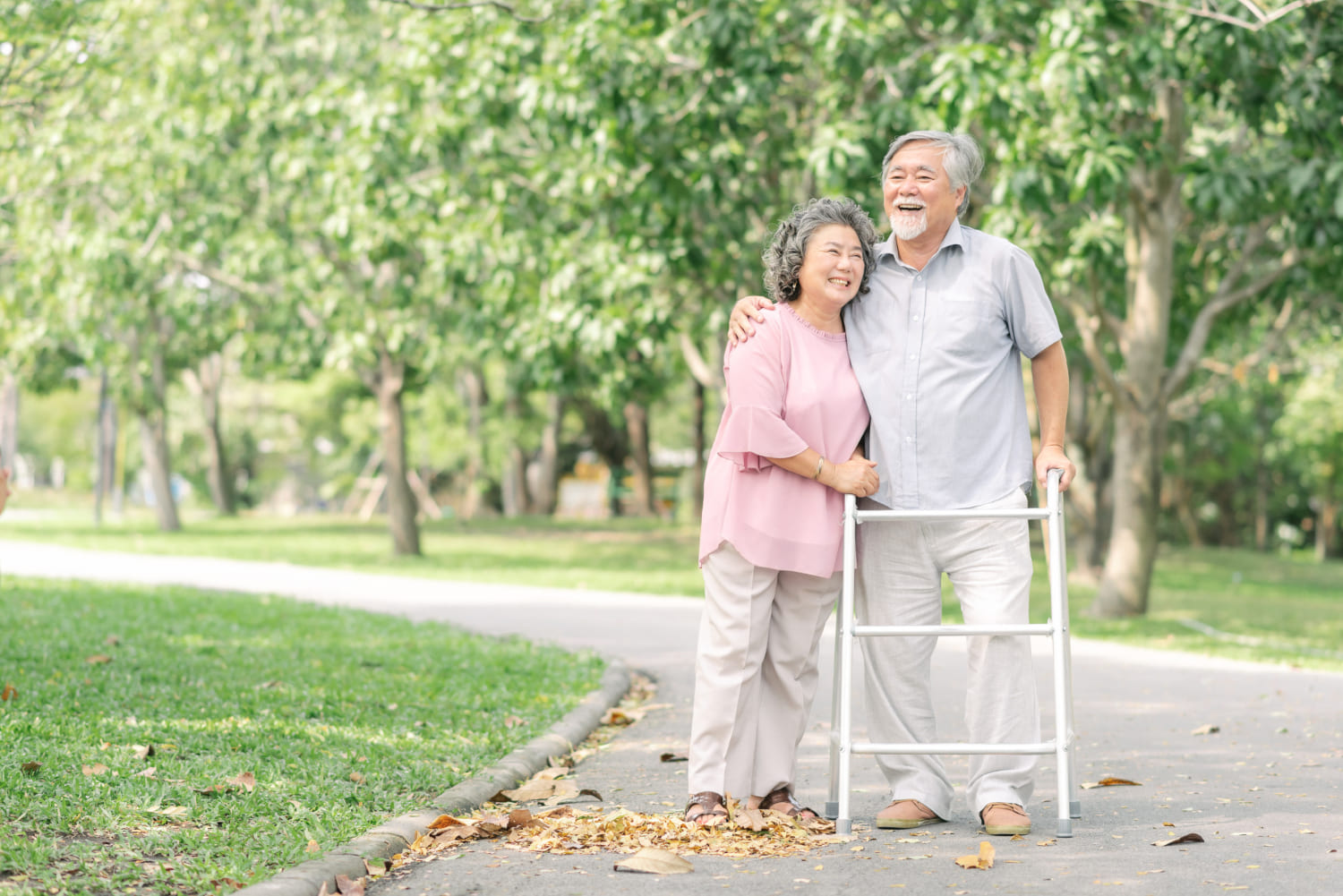As people get older, they are more susceptible to various diseases. One of the diseases that can be experienced by the elderly is dementia. Dementia can make the elderly forget several things such as long and short-term memory and even daily activities that are usually done. The risk of dementia in the elderly can be increased by a number of factors, let's look at the symptoms causes and treatment of dementia.
What is dementia?
Dementia is a medical term used to describe a condition in which there is a decline in cognitive function that causes impairment in a person's ability to think, remember independently in daily life. This means that there is a decline in one's thinking and memory or also known as senile dementia (forgetfulness).
However, this does not mean that people who often forget have dementia. Dementia is usually experienced by elderly people aged 65 years and above. Dementia can happen to anyone, both men and women. It is important to note that the risk of dementia increases at the age of 85 years.
Dementia in the elderly is not a disease but a group of symptoms associated with progressive brain disorders that affect various aspects of a person's life, such as memory, speech, orientation, problem-solving and other daily skills.
Causes of dementia in the elderly
Dementia in the elderly can be caused by a variety of factors, and often more than one factor contributes to the condition. Here are some common causes of dementia in the elderly:
- Dementia is caused by damage to nerve cells and the connections between nerves in the brain.
- Reduced blood flow in the blood vessels of the brain is triggered by other medical conditions such as stroke, heart valve infections and other vascular disorders.
- There are a number of other health conditions that can increase the risk of dementia in the elderly, such as Huntington's disease, HIV/AIDS and Creutzfeldt-Jakob disease.
- Severe head injuries, such as those that can occur in car accidents or sports accidents, can increase the risk of dementia in old age.
- Some people with Parkinson's disease also develop dementia. This is due to the accumulation of abnormal proteins in the brain that are also associated with Parkinson's.
- Some lifestyle factors, such as smoking, excessive alcohol consumption, lack of physical activity and an unhealthy diet, can also increase the risk of dementia in the elderly.
Risk factors for dementia in the elderly can increase due to a number of factors. These include having a family history of dementia, increasing age, and lack of exercise.
Understanding the causes of dementia in the elderly is important to provide appropriate care and also for prevention efforts. Maintaining brain health and minimizing risk factors can help reduce the likelihood of dementia in the elderly.
Types of dementia

There are several common types of dementia identified based on their causes and characteristics. Here are some of the most common types of dementia:
Alzheimer's dementia
This is the most common type of dementia in the elderly. Alzheimer's disease causes damage and death of brain cells, which in turn disrupts communication between brain cells. This brain damage affects thinking, memory, and behavior. Symptoms include short-term memory loss, difficulty speaking, difficulty performing daily tasks, and personality changes.
Vascular dementia
The second most common cause of dementia is vascular dementia. Vascular Dementia: Vascular dementia occurs when the blood vessels in the brain are damaged or blocked, which disrupts blood flow and leads to the death of brain cells. As a result, the brain cells become deprived of oxygen and nutrients needed to function properly.
Lewy body dementia
This type of dementia is associated with the formation of abnormal "Lewy bodies" within the brain. Symptoms are similar to Alzheimer's, but also include visual hallucinations, sleep disturbances, and sudden changes in cognitive ability and focus.
Frontotemporal dementia
This is a rare type of dementia, but in some cases, it can occur at a younger age. It occurs due to damage to the parts of the brain that control behavior and emotions. Frontotemporal dementia also affects the parts of the brain that control behavior, personality, and language.
Mixed dementia
Most people with dementia experience a mixture of more than one type of dementia. This is called mixed dementia.
Symptoms of dementia in the elderly

Symptoms of dementia in the elderly can vary depending on the type and severity. These symptoms tend to develop gradually and worsen over time. That's why early detection of dementia in the elderly is important so that you can determine how to care for your parent with dementia.
Here are some of the early symptoms of dementia in the elderly including:
- Difficulty in remembering new information about people, dates, or events that have just happened.
- People with dementia may also repeat the same question or statement many times.
- Difficulty speaking and communicating and understanding instructions.
- Difficulty thinking and solving problems.
- Loss of ability to complete daily tasks such as cooking, dressing, or managing finances.
- People with dementia may have difficulty in recognizing previously familiar places or remembering directions.
- Sudden emotional changes, such as anxiety, anger or confusion, can occur in people with dementia.
- Difficulty in planning activities or following a sequence of steps are common symptoms of dementia.
- People with dementia may have difficulty recognizing close people or objects that they previously recognized easily.
- People with dementia often have difficulty making simple or complex decisions.
Treatment of dementia in the elderly

You may ask whether dementia can be cured. Unfortunately, there is no treatment for dementia that can repair brain cell damage. However, there are several drugs that can alleviate the symptoms of dementia including donepezil, galantamine, and rivastigmine.
In addition to these medications, how to care for elderly people with dementia can be done by exercising regularly, taking medication as prescribed by the doctor, sleeping regularly, adopting a healthy diet and routine health checks.
Dementia in the elderly can be prevented by adopting a healthy lifestyle and always monitoring the health conditions of parents. People with dementia also need support from their family to maintain their quality of life.
In addition, provide comfortable care for the elderly with Parenty adult diapers. Parenty provides softness to every touch, has a 3D surface that can reduce contact with the skin so as to reduce the risk of irritation and is highly absorbent. (Aq/PRT)
Read also:
5 Healthy Menus for Elderly People Who Fast








